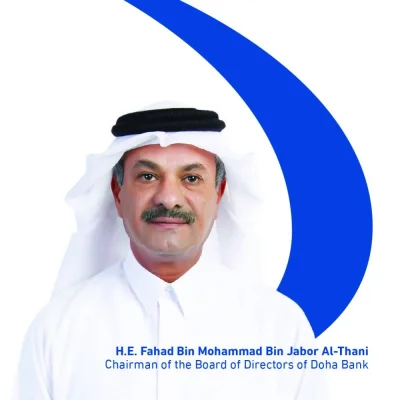Heart experts across the Gulf are being prevented from attending an international cardiology conference in Doha because of the Saudi Arabia-led blockade of Qatar.
More than 1,000 of the world’s leading experts in preventing heart diseases are scheduled to attend the 14th Gulf Heart Association Conference that opened yesterday.
But at least a dozen cardiologists from Saudi Arabia, the United Arab Emirates and Bahrain will not be joining them because of the seven-month-long political row.
Last June these countries launched a diplomatic and transport blockade of Qatar accusing it of cosying up to Iran, and supporting terrorism, charges Doha denies.
The quartet of countries, which also includes Egypt, closed its borders to Qatar and banned its citizens from travelling there.
Cardiologists from Yemen are also prevented from travelling to Doha because of an ongoing war in their country involving another Saudi-led alliance which is fighting the Houthi rebels.
The conference will hear about the latest methods of treatment of cardiovascular diseases and hypertension, medical diagnosis of heart disease and cardiovascular surgery.
In particular it will look at how to prevent heart attacks in people with metabolic disorders such as diabetes, obesity, high cholesterol and high blood pressure.
Dr Hajar al-Binali, chairman of the Gulf Heart Association, spoke of his regret that colleagues from the affected countries would not be able to benefit from the sharing of knowledge and expertise that an international conference brings.
He said: “People from these countries are not allowed to come here. It is not us stopping them, we are very happy for them to be here. But at the moment they are blocked by their country and not allowed to come to Qatar. No citizen from these countries is allowed to enter.
“We miss them and they miss us. They are our friends and colleagues. But unfortunately this is the situation. Of course we are sorry they can’t be here.
“It is sad because we have a very good programme, a variety of international speakers and heads of cardiovascular societies.
“Our aim is to improve the condition of heart patients in the Gulf. We deal only with medical affairs, this is a political thing.”
Talking about the blockade in general he said: “We are hoping this all will be over because we have friends, brothers and relatives in all of these Gulf states.
“Each one of us has a relative, we cannot visit them, they cannot visit us. It is not a normal situation for the Gulf but what can we do? We are hopeful something can be sorted out because this is not normal for the Gulf. When we grew up we were free to go to any country we wanted to visit. A blockade is not normal. I hope people will see sense soon.”
Among those prevented from attending are Dr Alawi al-Sheikh Ali, Dr Abdulla Shehab and Dr Wael Mahmeed from the UAE.
From Bahrain, Dr Abdulhai al-Awadhi, Dr Fuad Abdulgader Saeed and Dr Habib Tareif also cannot go.
And from Saudi Arabia the missing heart experts are Dr Hussan al-Faleh, Dr Khalid Alhabib and Dr Hani Naim.
However, along with cardiologists from Gaza and Yemen, all these people will still be able to watch parts of the three-day conference on a YouTube link which is being set up.
Some of those who could not attend spoke of their hope that the political row would be over in time for them to go to the next conference.
Dr Khalid Alhabib, is Professor of Cardiac Sciences and Interventional Cardiologist at the King Fahad Cardiac Centre and the College of Medicine at King Saud University in Saudi Arabia.
He said: “I hope the political situation will resolve in the near future. It is sad to miss such an important scientific meeting and not being able to touch base with old friends across the Gulf.”
Dr Ahmed al-Qudaimi, from Yemen, said: “At present I am in Saudi Arabia as an associate consultant of adult cardiology and also because of the current conflict in the Gulf I will not be able to attend.
“Pray to God that these corruptions will be over soon that we can attend the next meeting.”

Local


